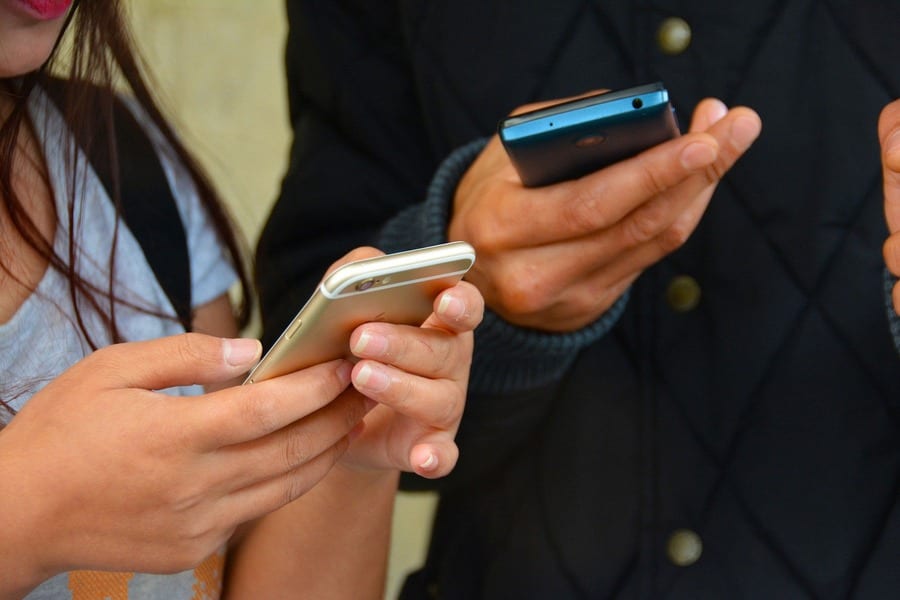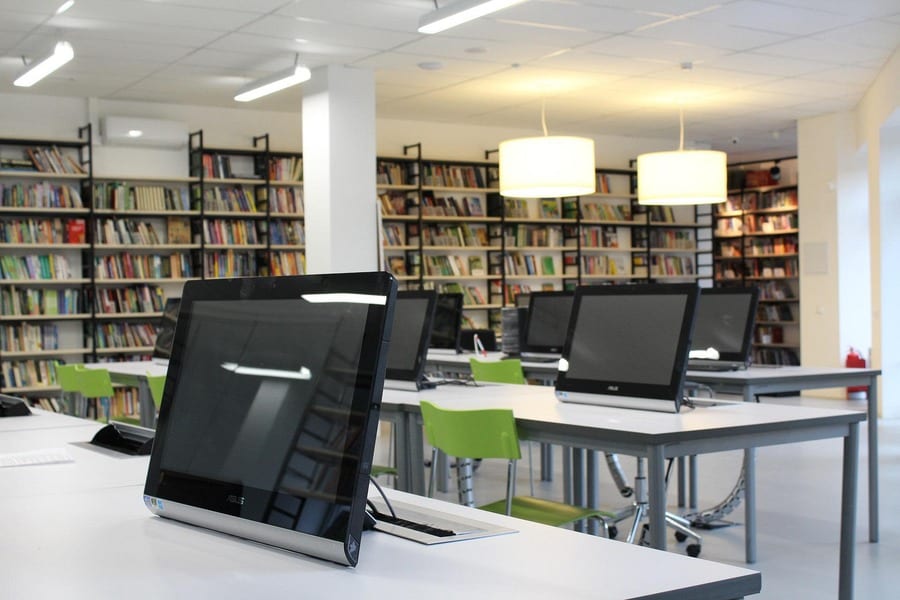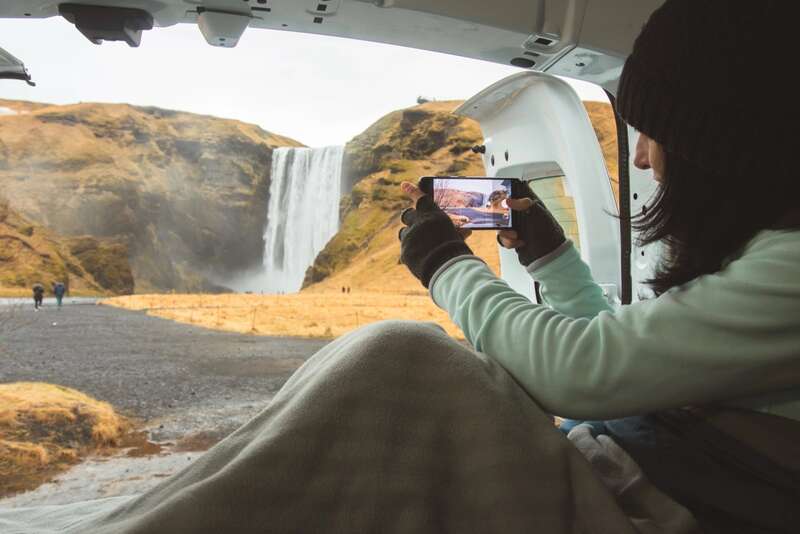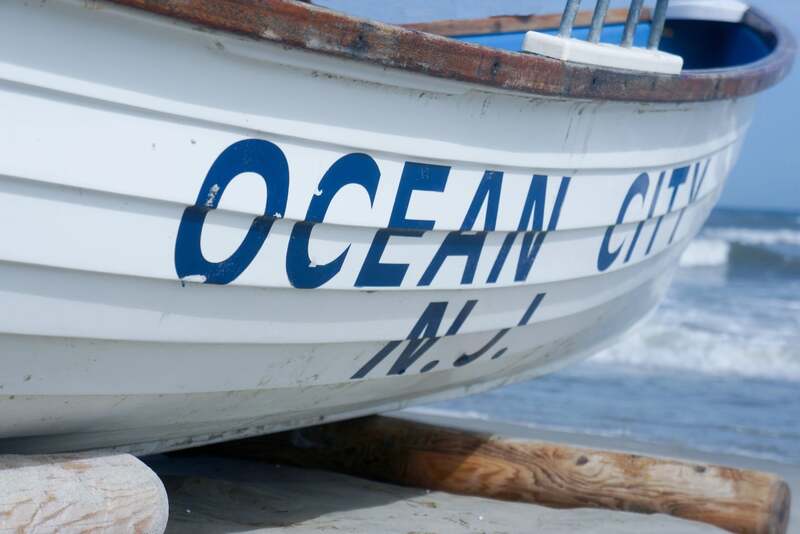Whether it's for work or pleasure, many people enjoy travelling.
We used to pack necessities like a toothbrush, some clothing, and enough cash in the right currency before going on vacation in the past. Now, you can include laptops, tablets, and smartphones on the list as well. It's not a question of personal preference; in many cases, you just need your devices to function or stay connected while you're away. But, when it comes to all the added comfort and accessibility, you are far more exposed to cyber threats.
This article discusses the dangers of going online while travelling, as well as how to maintain your private information secure in the face of adversity.

1. Public Wi-Fi
The greatest traffic safety hazard is Wi-Fi. Unsecured hotspots, in particular, are a major concern.
Everyone prefers free Internet. It's a standard practice to connect to public Wi-Fi to finish a project or while walking in the park. Many people overlook the fact that these networks are honeypots for eavesdroppers and hackers.
Anyone can tap into the traffic you generate and receive if you connect to a public hotspot.
Worse yet, you may be a victim of identity thieves; your personal information may be stolen, and your identity may even be taken.

Obviously, Wi-Fi connections that are not secured should be avoided!
You can use a USB stick or a mobile hotspot to connect to the internet without putting yourself in jeopardy.
If you're only getting Internet via public Wi-Fi, add an extra layer of protection.
A virtual private network will encrypt and redirect your traffic to guarantee complete privacy at all times. Furthermore, a trustworthy VPN like Surfshark VPN will have a no-logs policy, which means you won't leave a digital footprint even if you're using public Wi-Fi.
2. Phony Duplicate Hotspots
Even if you've previously used a certain wireless network and know it to be safe, you may still not be secure — and you won't know what danger you're in until it's too late.
You may be duped into disclosing your personal information.
Consider a situation. You've been staying at the same hotel for the umpteenth time. All of your devices now know how to connect to their Wi-Fi and automatically link up.
Within a few hours, you'll get all kinds of warning alerts from social media, Gmail, and so on. Someone has gotten access to your private information.

3. Public Computers
Public computers are a severe hazard to your Internet security. Fortunately, they are less common these days, but it's good to be aware of the dos and don'ts if you come across one in your travels
If public wireless networks are a significant risk to your personal information, then public computers are far more dangerous.
It still happens from time to time, despite the fact that few are foolish enough to entrust them with important information.
You can't promise what's on a public computer — from “benign” malware to serious threats like keyloggers and phishing software, you're putting your private data out there for anybody to see.
In a nutshell, don't log in to a public PC while using an account.














Write Your Comment
Please DO NOT include links, URLs or HTML in your comments - they will be automated deleted and you will waste your time.